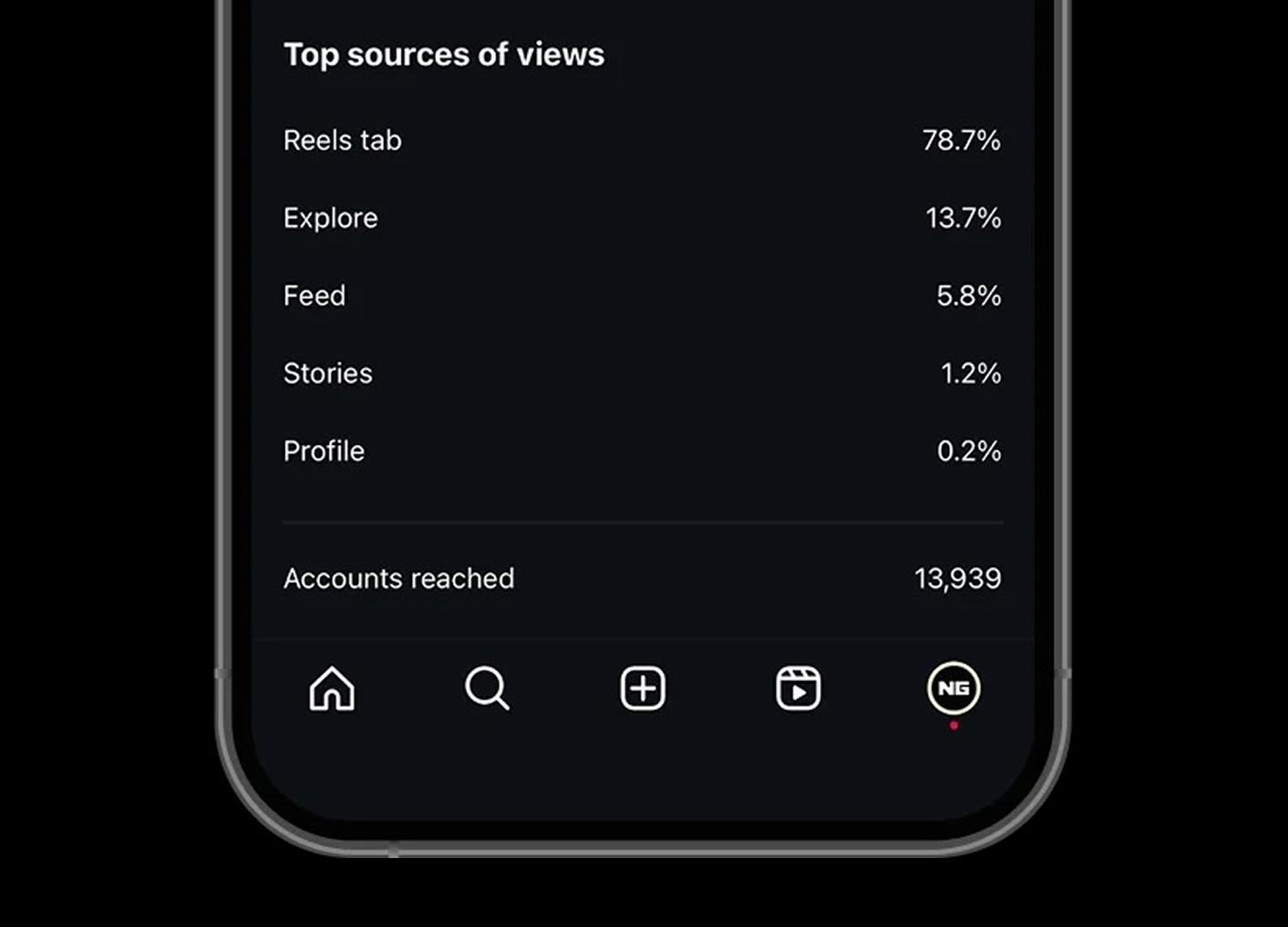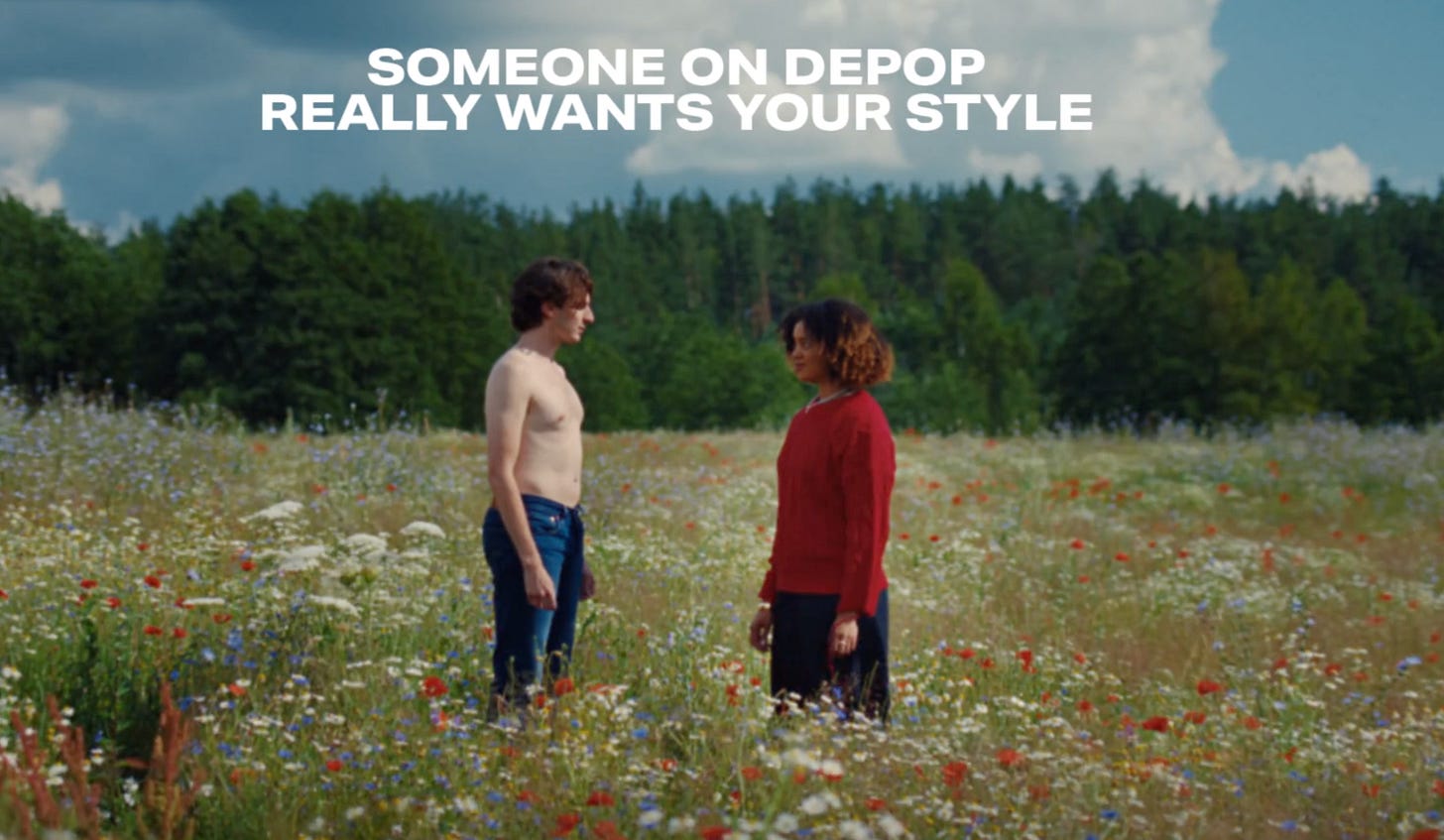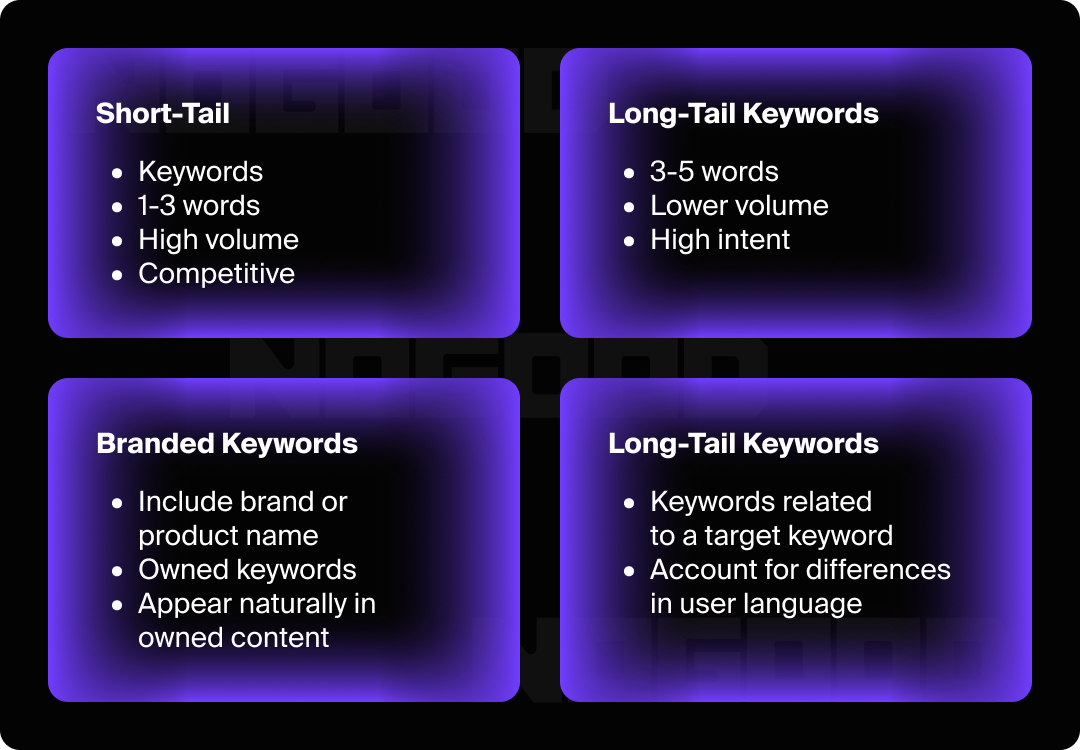If keywords are currency, why are brands going broke?
📰 NoGood News | Vol. 102
Hi NoGoodies,
Before we jump into another round of the NoGood News, here's a quick TL;DR of what's below:
Google is fighting Instagram for its search power
Would you let a brand sell your most embarrassing story?
What does “doing keyword research well” even mean?
Ready? Let's get into it.
🔎 Google is fighting Instagram for its search power
Learn how to optimize for Instagram SEO
As of July 10, 2025, Google announced that it will begin indexing Instagram’s content, meaning posts, Reels, and carousels can now live beyond the Instagram app and show up on Google’s SERPs.
Longer shelf life = long-term visibility.
For marketers, it’s time to put that internal sync on your SEO team’s calendar; get ready to start treating your Instagram content as part of your SEO strategy.
What These Changes Mean for Brands
More discoverability on search engines: Instagram feeds become a discoverable online presence, meaning that businesses can appear in search regardless of whether they have a blog (or even a website).
Greater potential for customers to come across your Instagram content: Users who aren’t on Instagram will be able to see your posts, increasing the chances of new customers finding you (and maybe signing up for Instagram; hello, win-win).
Increase of organic traffic to your Instagram profile and website: Optimized, indexed posts become entry points to drive more clicks to your Instagram profile and direct traffic to your linked website or online store.
Longer shelf life for Instagram content: Posts that rank in search results can keep gaining views and engagement over time, for long after they’re initially published.
💰 Would you let a brand sell your most embarrassing story?
Read about Depop’s latest campaign
Your most embarrassing moment might be another brand’s campaign idea.
Depop’s latest campaign, “Where Taste Recognizes Taste,” tells the story of a guy who sold a red sweater and later spots someone else wearing it.
Fun fact: that moment actually happened irl.
And that’s what makes this campaign linger longer than their previous ones.
Depop didn’t lead with promoting platform features or selling sustainable clothing.
Because here’s the truth: people already know secondhand clothing is sustainable.
They already know Depop is a resale app where you can buy and sell with ease.
But what sticks is a real customer story – one that naturally shows the human connection behind resale and wearing second hand clothing,
They’re shining a light on the idea that when you sell something, you’re not just emptying your closet, you’re passing on a piece of your taste.
The buyer may not know you, but they’re carrying forward something that once expressed who you were.
By rooting their campaign in lived experiences like this, Depop gave the ad a human touch that product messaging alone can’t capture.
And that’s the bigger shift we’re seeing: brands that focus on the customer experience create campaigns that resonate most with their audience.
What are your thoughts on Depop’s biggest campaign?
🔑 What does “doing keyword research well” even mean?
Learn how to choose SEO keywords with “The Keyword Matrix”
Keywords are the queries that users type into Google (or Bing, or Yandex, or Yahoo!) that return results on the Search Engine Results Page (SERP).
It’s also a metric that Google uses to determine whether to rank a website for a certain keyword, and where on the SERP to position it.
For these reasons, including the right keywords on your website is paramount in order for your content to be shown to the right audience when they’re searching.
Part 1 of the Keyword Matrix: The Type of SEO Keyword
Short-tail keywords are 1-3 words maximum, and tend to be high volume, broad, and extremely competitive.
Long-tail keywords are 3-5 words and have lower search volumes and are more specific, with a trade-off of often being higher intent.
Branded keywords (as the name suggests) are keywords containing your brand name or the names of your products. These are usually the easiest to rank for with a new website since your brand name should appear naturally throughout content and metadata.
Semantic keywords hinge on a concept known as Latent Semantic Indexing; these keywords are semantically related to the target keyword, even though they may not contain any of the keyword topics.
🎙️ Q&A with an expert
A bi-weekly interview series with the best in the game
Q: What challenges or opportunities have you seen in optimizing for “AI Search” vs traditional SEO?
A: The biggest challenge in optimizing for AI search is that queries aren't written in the "language of Google". In other words, users aren't typing "marketing agency nyc" into a search bar; they're telling ChatGPT "I'm a B2B SaaS company looking for highly rated performance marketing services, preferably from a company based in NYC. Can you recommend me 3 options?" This changes how we think about optimization at its core. The base elements are no longer keyword-targeted pages on a technically sound website; it's your brand's entire digital presence, including threads on Reddit, Trustpilot reviews, and both owned and earned media. Overall visibility is the name of the game.
Q: How do you ensure content written around chosen keywords still delivers value to the user besides just checking off SEO boxes?
A: In terms of content, SEO principles still apply: a solid H1, content hierarchy, page titles and metas that follow best practices, and relevant content that includes secondary and semantic keywords. E-E-A-T is still at play, but with an added H for Helpfulness (making it H-E-E-A-T). With the rise of AI-generated content, originality becomes the most important thing; state your point clearly and early on, add value to the definition, include original data, and come to a conclusion that helps answer the reader's question (plus any follow-ups they may have). All of these things are done with the goal of making it possible and easy for LLMs to scrape and synthesize, search engines to crawl and index, and readers to take in and understand. Everybody wins (including you). AI search is changing the landscape, yes; I like to think of it as more of an evolution, not a complete abandonment of the methods we know.
✍️ We wish we wrote this
Articles that caught our eye these past 2 weeks:
The version of social media we grew up with is gone
Generative AI isn’t going anywhere — can designers keep up?
The only strategist playbook you need
👀 Keeping up on the socials
Because IYKYK is better than FOMO:
The best office meme you’ll see this week
Wake up, Sabrina Carpenter’s songs are trending
Authenticity is out, transparency is in
Would you walk on a treadmill for 2 hours to watch a movie?
🔥 Trend Radar: Blow up or fall behind
The trending topics, sounds, and formats to keep an eye on:
🚀 Ready to meet your NoGood partner?
Tell us where you are and where you want to be — and we’ll help get you there.





